Bosnia stamps year 2011 Franz Liszt Composer Pianist
Franz Liszt (1811–1886) was a Hungarian composer, virtuoso pianist, and teacher, widely regarded as one of the greatest pianists of all time and a key figure in the Romantic era of classical music. His profound impact extended beyond his performances, as he innovated in composition, teaching, and promoting music across Europe.
Virtuoso Pianist
- Known for his groundbreaking technical skills, Liszt transformed piano playing.
- His performances featured dramatic flair, unmatched speed, and an emotional intensity that captivated audiences across Europe.
- Liszt invented the modern solo piano recital format, often performing entirely from memory.
Innovations in Composition
- Piano Works: Liszt expanded the technical and expressive possibilities of the piano. His compositions, such as the Transcendental Études and Hungarian Rhapsodies, remain central to the piano repertoire.
- Symphonic Poems: He pioneered this genre, blending programmatic storytelling with orchestral music. Notable examples include Les Préludes and Tasso, Lamento e Trionfo.
- Harmonic Innovations: Liszt’s later works, like Nuages Gris and Bagatelle sans tonalité, explored new harmonic realms that anticipated modernist trends in music.
Contributions as a Teacher
- Liszt mentored an entire generation of pianists and composers, fostering talents like Hans von Bülow, Carl Tausig, and Alexander Siloti.
- His masterclasses in Weimar became legendary for their emphasis on interpretation and artistry.
Cultural Influence
- Liszt was deeply influenced by his Hungarian roots, incorporating folk elements into his music.
- A devout Catholic, his spirituality inspired many sacred works, including the Christus Oratorio and Missa Solemnis.
Liszt the Conductor and Philanthropist
- He championed new music, promoting composers such as Wagner, Berlioz, and Schumann.
- Generous with his wealth and influence, Liszt supported struggling musicians and helped fund music education initiatives.
Legacy
Statues, museums, and festivals celebrate Liszt’s contributions, particularly in Hungary and Germany.
Liszt died on July 31, 1886, in Bayreuth, Germany. His profound influence endures through his compositions, teaching, and innovations in performance and music theory.

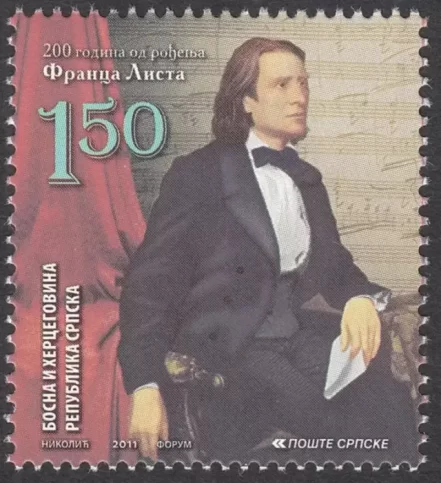
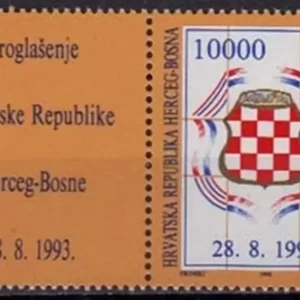
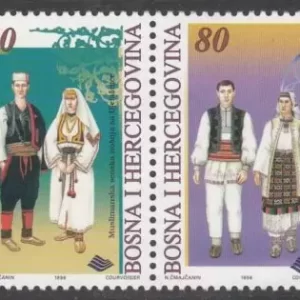
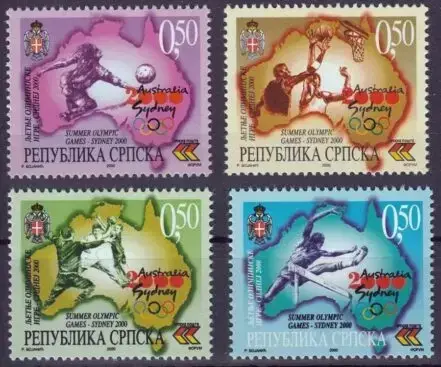
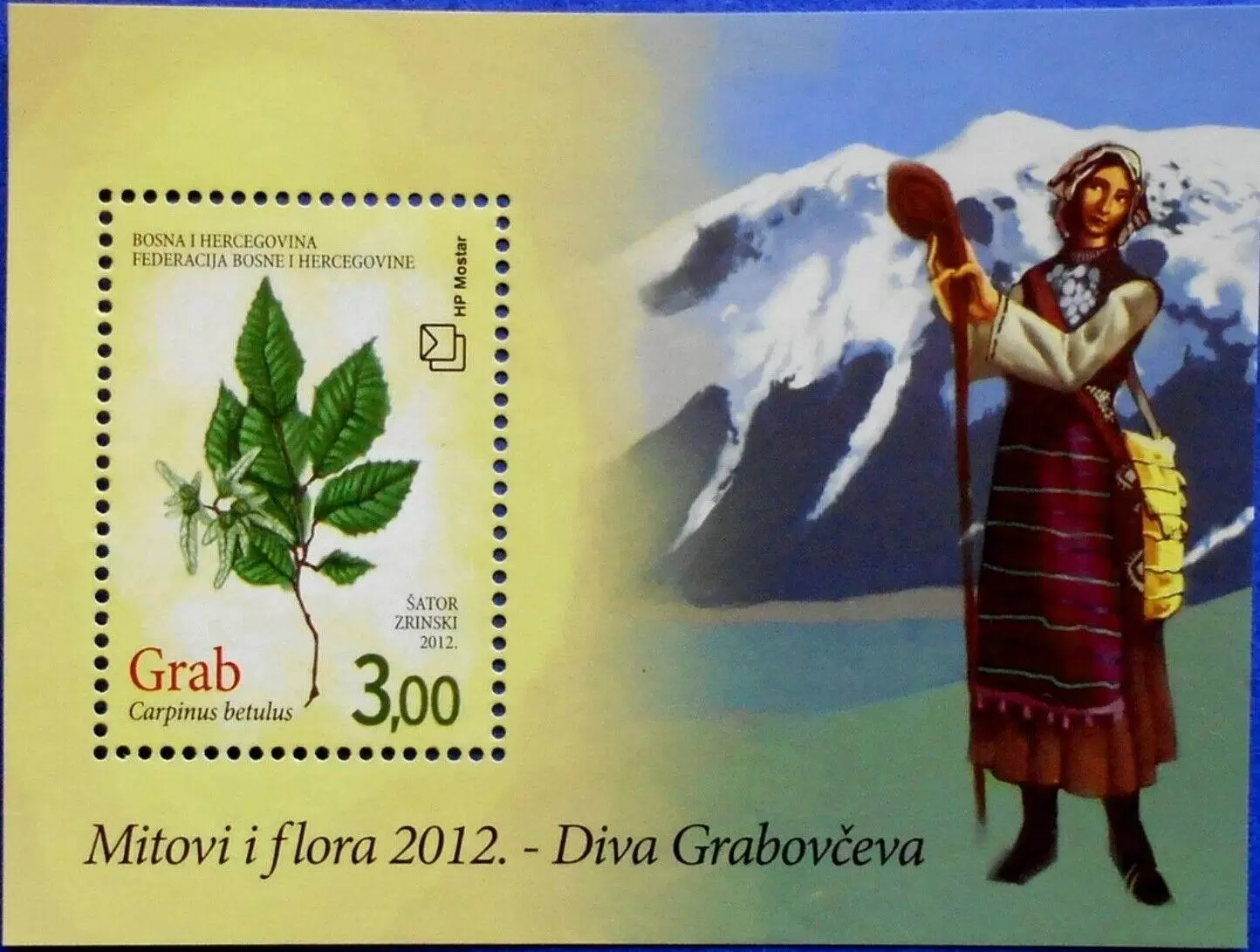
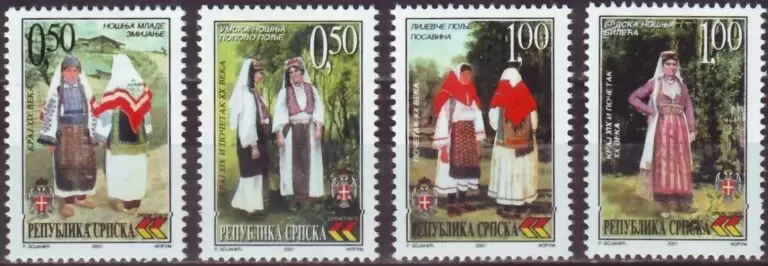

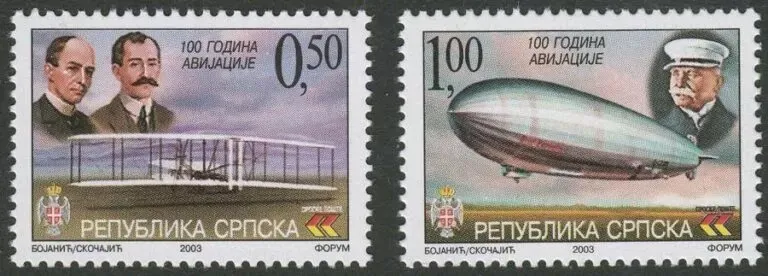

Reviews
There are no reviews yet.